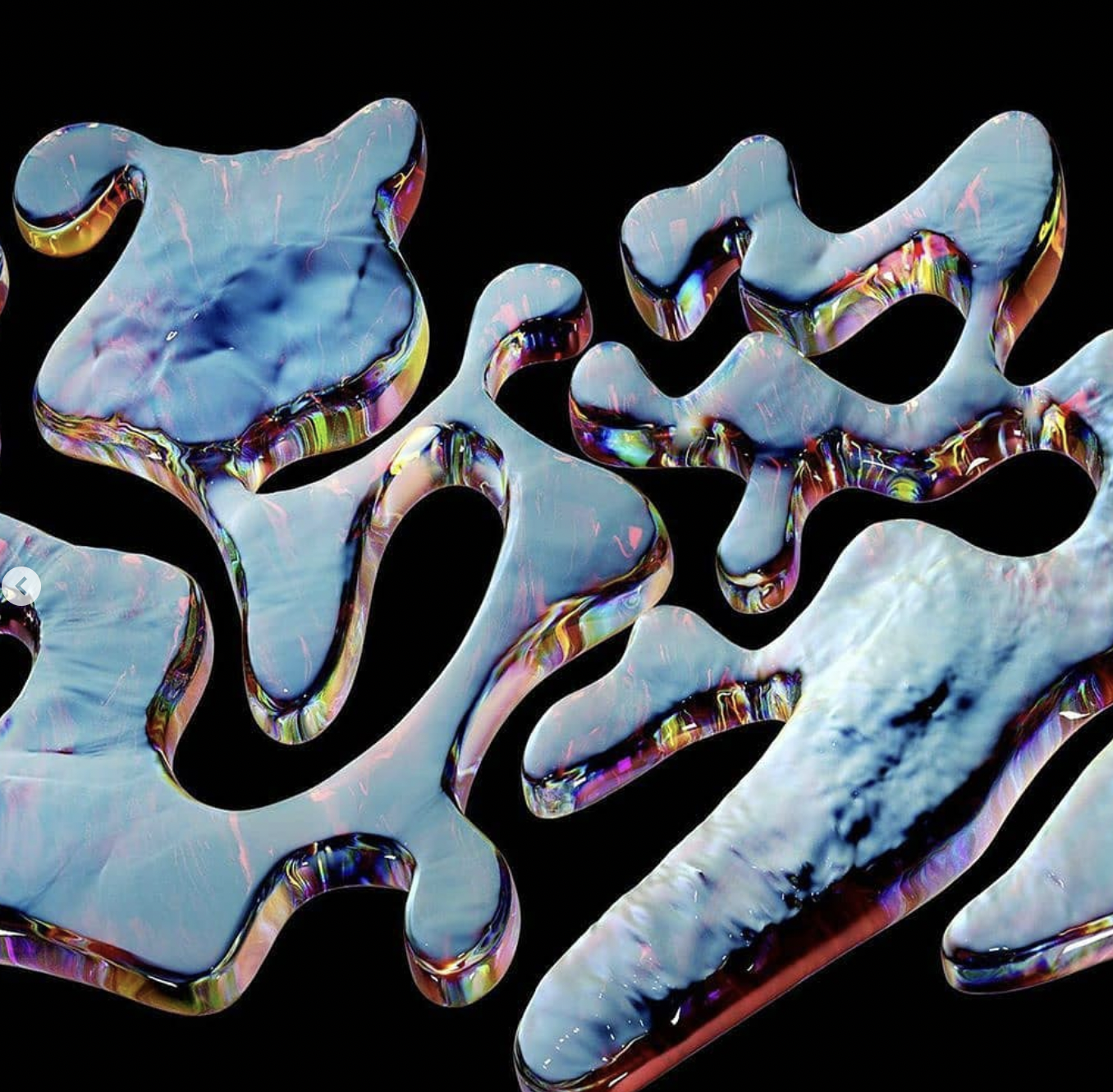Joining Intel- Published on Medium, May 2019

In February 2019, I joined Intel as Senior Director for Strategic Technology Initiatives.
Here’s why I joined:
- The role of hardware. After five years of focusing on artificial intelligence and software in VC, it appeared to me that all tech progress (and potentially then *all* scientific progress) fundamentally depends on the capabilities of hardware. That might seem like an obvious statement but it hit home in 2018. In terms of accelerating science, which has been a lifelong goal of mine, you have huge leverage on what that future looks like by contributing to technology at this level.
- Mentorship. Raja Koduri and Jim Keller both moved to Intel. I met Jim in 2016 whilst he was running hardware at Tesla and Raja just after he joined Intel from AMD. The opportunity to work with them, now together, was an opportunity too great to miss. After attending Intel’s Architecture Day, I asked them to hire me.
- Scale. Intel is a 50 year old public company that has 108,000+ employees across 46 countries. Compared to most start-ups, this is a nation state. Getting to learn about engineering optimization at this scale is an intimidating and exciting challenge.
- Understanding semiconductor fabrication. Software is magic but hardware is alchemy. You take silica from sand and turn it into the driving force of computation. I don’t know if I will ever get over how magical that is.
- History. If you aren’t clued up on the origin story of Intel, it’s worth reading about. Bob Noyce, Gordon Moore and Andy Grove have always been heroes of mine but even more so when I came to understand the foundations of this company. At the Santa Clara office, Noyce’s words hang on the wall: ‘Optimism is an essential ingredient for innovation. How else can the individual welcome change over security, or adventure over staying in safe places?’
- Moore’s Law. Gordon Moore’s 1965 projection that the number of transistors on integrated circuits would double every year not only held up, but was radically underestimated. At Intel, I get to think about why this happened and what the future of Moore’s law looks like. There’s a lot of naysaying that Moore’s Law is dead. I don’t think that’s true. You’ll hear more about that topic from us in the coming months.
Here’s what I hope to achieve whilst at Intel:
- Learn…. Not just about technology but also about being a human and managing teams and time. I think start-up people have this idea that people at public companies have it easy. Watching Intel staff do the things they do this whilst also juggling families, with no complaints, is extremely refreshing after years of enduring millennial whining. Jim told me once that everything is possible, depending on how you choose to interface with reality. I like that.
- Democratize compute. One of Raja’s big audacious visions is “What if 10 Petaflops & 10 Petabytes were <10 Milliseconds away from every person on the planet?” It’s a big goal, but it’s a future that I want to see happen.
- Silicon Engineering Optimization. What will the chips that serve the future look like? How do we optimize their manufacturing pipelines? It’s cool to be thinking about how to deliver and improve on Moore’s Law for the 21st Century.
- New labs and idea incubation. I’m brainstorming on the redevelopment of two Intel sites which I am really excited about. How do you foster and build innovation? What are the right foundational blocks for culture? One site is outside of Boston and one is in San Francisco. Hopefully you’ll hear more about those in the coming months.
- Engineering Discussions. If you’re contributing towards tooling that allows for horizontal improvements across computing, I want to figure out how best we can support you. Implementation in these areas often doesn’t get supported or recognized appropriately despite having huge knock on effects on many areas of R&D.
- Optimizing my own skill-set. Before Intel, I had never been employed long-term by anyone but myself. I used to think that was something to celebrate. Now, working with teams and mentors I respect every day, I’m learning more about myself and my own skill-set than I did when it was purely self-directed. Don’t let your ego underestimate the value of that.
Lastly, one of my concerns of our generation is that we’re talking too much and not building enough, partially spurred on by the immediate reward mechanisms of social media. We seem to think we can all invest in or inspire hypothetical others into building the futures that we want. This was one of the hardest takeaways from my 20s because I fell for this too. If you’re looking for a thing to exist and you can’t find it, it might not be because there’s not enough X or Y, it might simply be that the person you’re looking to build it is, and always has been, actually yourself.
